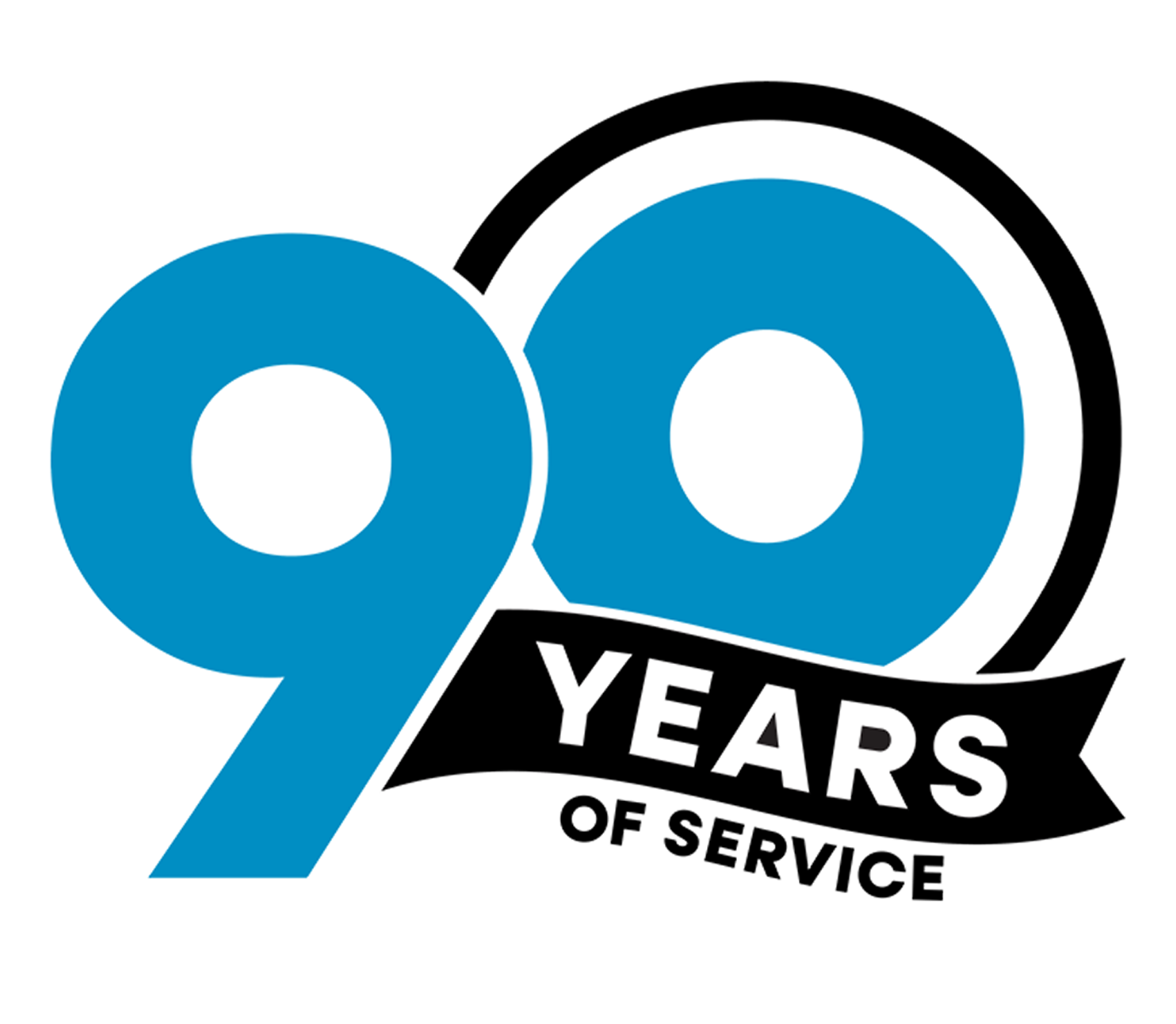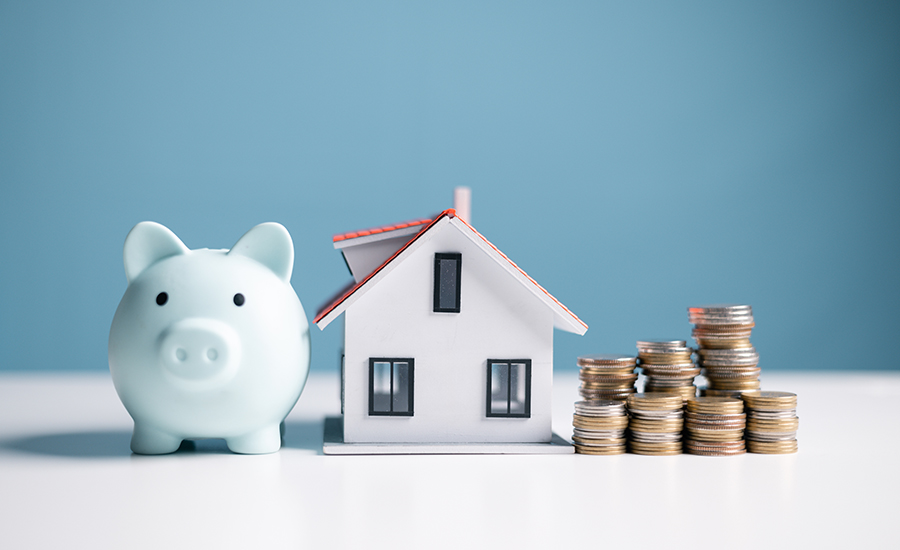If you’re struggling with high-interest debt, you may be looking for ways to lower your payments and take control of your finances. Many homeowners consider using home equity to pay off high-interest debt, such as credit cards or personal loans. But is it a smart financial move? Here’s what you need to know before making a decision.
How to Use Home Equity to Pay Off Debt
Home equity is the difference between your home’s market value and the amount you still owe on your mortgage. So, if your home is worth $300,000 and you owe $200,000, you have $100,000 in equity. Home equity loans or home equity lines of credit (HELOCs) are essentially second mortgages, and (depending on your creditworthiness) most lenders will allow you to borrow around 80% of your home’s appraised value (minus your primary mortgage balance).
You can access this equity in a few ways:
- Home Equity Loan: A lump sum loan with a fixed interest rate and monthly payments.
- HELOC: A revolving credit line that works like a credit card, allowing you to borrow as needed.
- Cash-Out Refinance: Replaces your current mortgage with a new one for a higher amount, giving you the difference in cash.
When you take out a home equity loan for this purpose, the lump sum option is your best bet. Once you receive it, you can contact your other lenders for a final payoff amount (which may differ from your last statement). Keep a detailed record of your payments and confirmation numbers, and check your credit report every few weeks to confirm the paid-off amounts were correctly reported.
Pros of Using Home Equity to Pay Off Debt
Since home equity loans typically offer lower interest rates than credit cards, using home equity to pay off high-interest debt could be a smart move—but it requires a careful calculation. It only works if you’re financially stable and have a solid plan to pay off the new loan without taking on more debt. Here are the potential positives:
- ✅ Lower Interest Rates. Home Equity loans and HELOCs are secured loans, so they often have lower interest rates than credit cards or personal loans—which means less money out of pocket in interest over the life of the loan.
- ✅ Simplified Payments. Consolidating multiple debts into one payment can make managing payments much easier.
- ✅ Potential Tax Benefits: In some cases, the interest paid on a home equity loan may be tax-deductible. (But check with a tax professional to see if this applies to you.)
Cons of Using Home Equity to Pay Off Debt
On the other hand, if your debt was caused by overspending, and those underlying habits haven’t changed, you might want to think twice about using home equity to pay off debt. If you’re already struggling to make ends meet, the new loan terms may end up costing you more in the long run. Here are the potential pitfalls:
- ⚠️ Risk of Losing Your Home. Unlike credit card debt, which is unsecured, home equity loans are secured by your home. If you can’t make payments, you risk foreclosure.
- ⚠️ Longer Repayment Period. While your new loan may have lower monthly payments, stretching it out over many years could mean you pay more in interest over time.
- ⚠️ Encourages More Debt. If high-interest debt is a recurring problem, using home equity to pay it off won’t solve the root issue. Without changes in spending habits, you could end up back in debt—this time with your home on the line.
Alternatives to Consider
Using home equity to pay off debt can be a useful tool, but it comes with risks. Before making a decision, weigh the pros and cons, explore alternatives, and consider speaking with a financial advisor. Your home is one of your biggest assets—protecting it should be a top priority. If using home equity doesn’t seem like the right fit, here are other ways to tackle debt:
- Debt Snowball or Avalanche Method. Pay off smaller debts first for motivation (snowball) or focus on high-interest debts first (avalanche).
- Balance Transfer Credit Cards. Some offer 0% interest for a limited time.
- Debt Consolidation Loan. A personal loan with a lower interest rate may help.
- Credit Counseling. A credit counselor can help you create a debt management plan. Just be sure to vet the program and watch out for debt consolidation and debt relief scams.
Is It the Right Choice for You?
Before using home equity to pay off debt, ask yourself these three questions:
- Have I addressed the root cause of my debt?
- Can I afford the new monthly payment without financial strain?
- Do I have a plan to avoid new debt in the future?
Like most lending decisions, using home equity to pay off debt comes with risks. It can be a smart strategy for some, but it’s important to weigh the pros and cons carefully before taking the leap. If you have questions or want to explore your options, contact your home lender or a financial advisor.
Also, if you need help managing debt, remember that as a Maps member, you have access to free, one-on-one financial counseling and debt management services through GreenPath Financial Wellness. They have more than 60 years of experience helping people build financial health and resiliency and their NFCC and HUD-certified counselors can offer tips on managing credit card debt, student loans, and homeownership.

